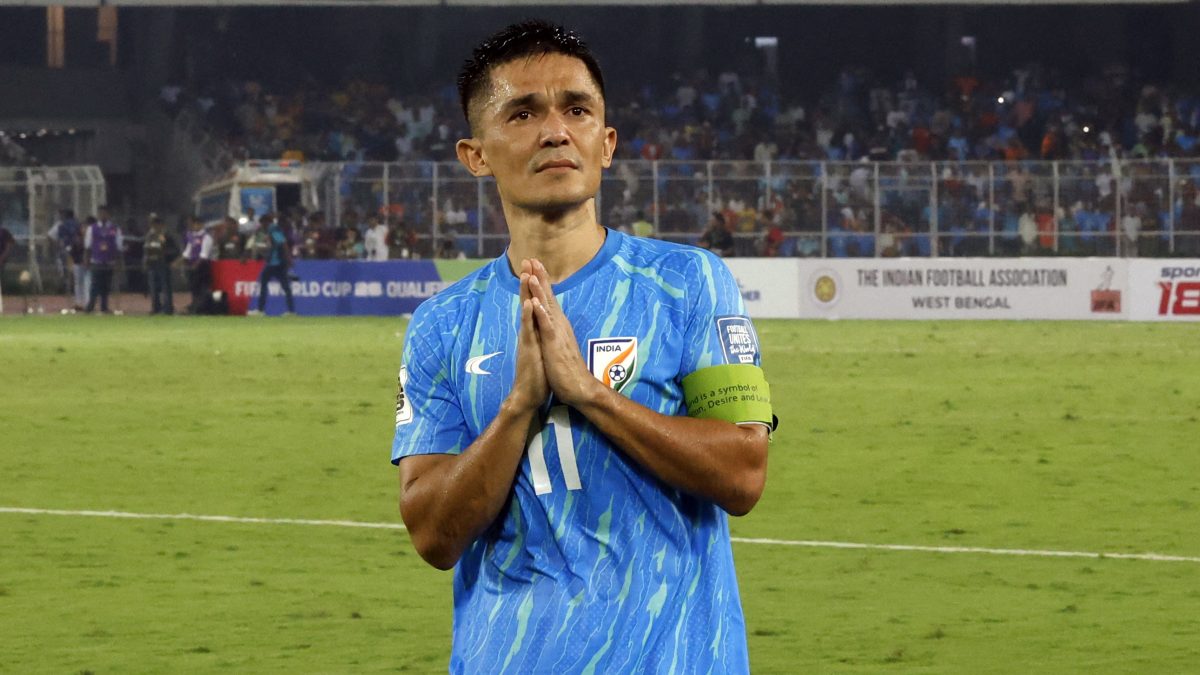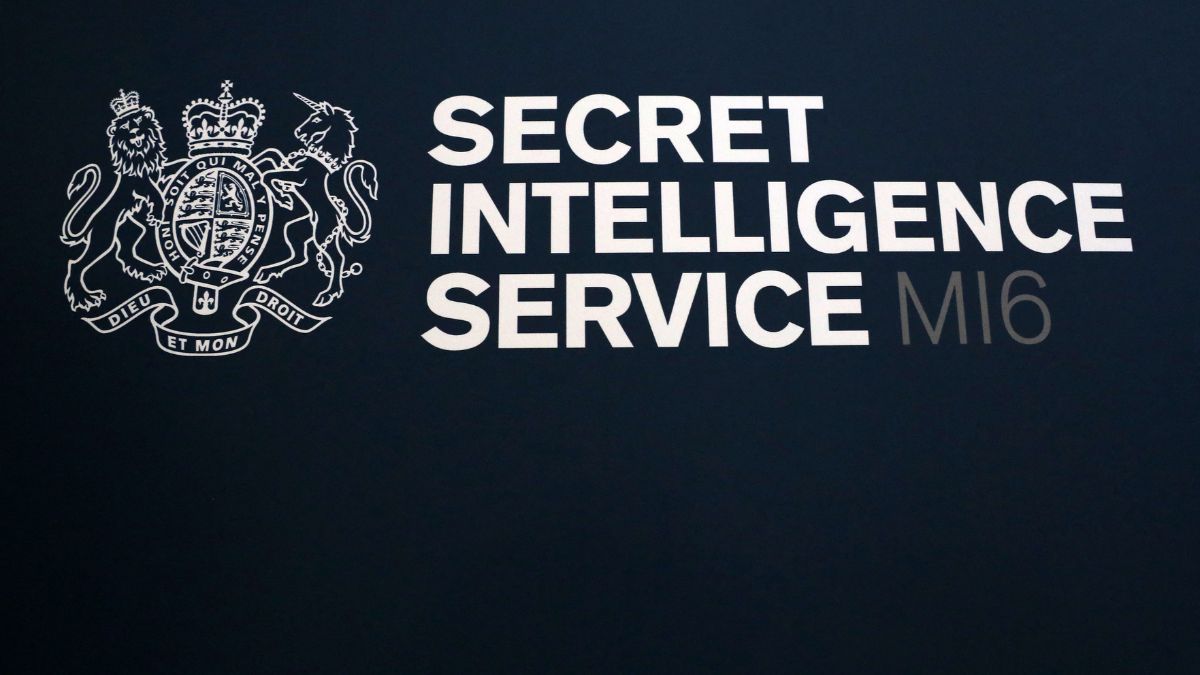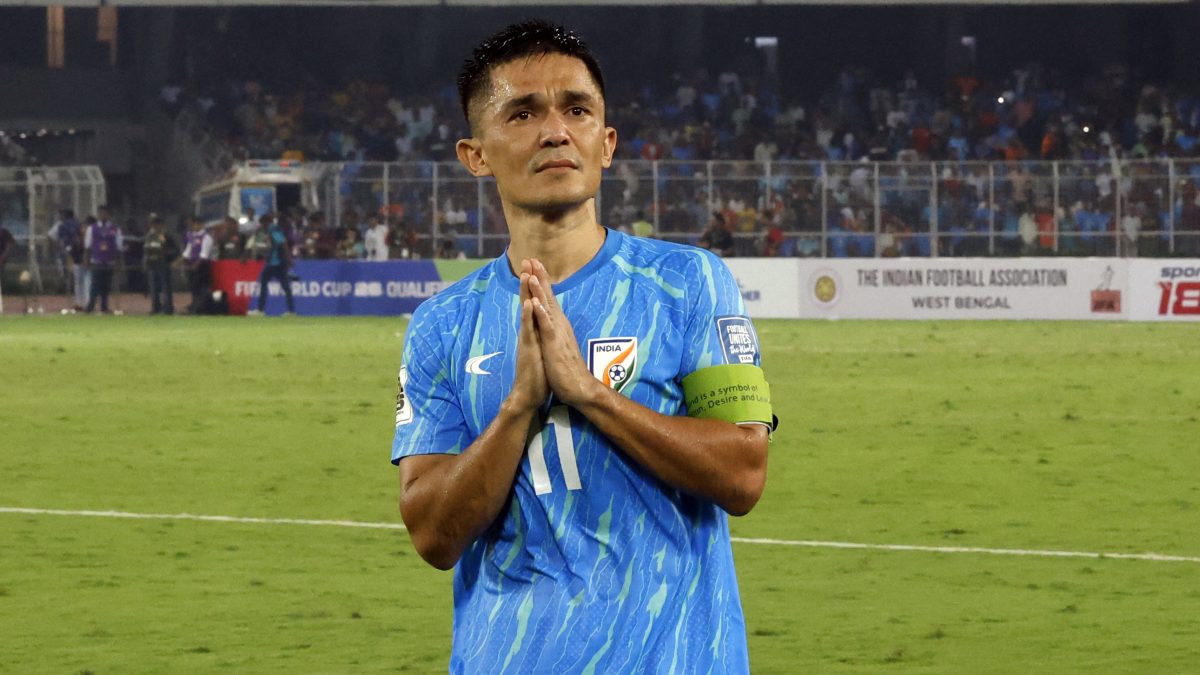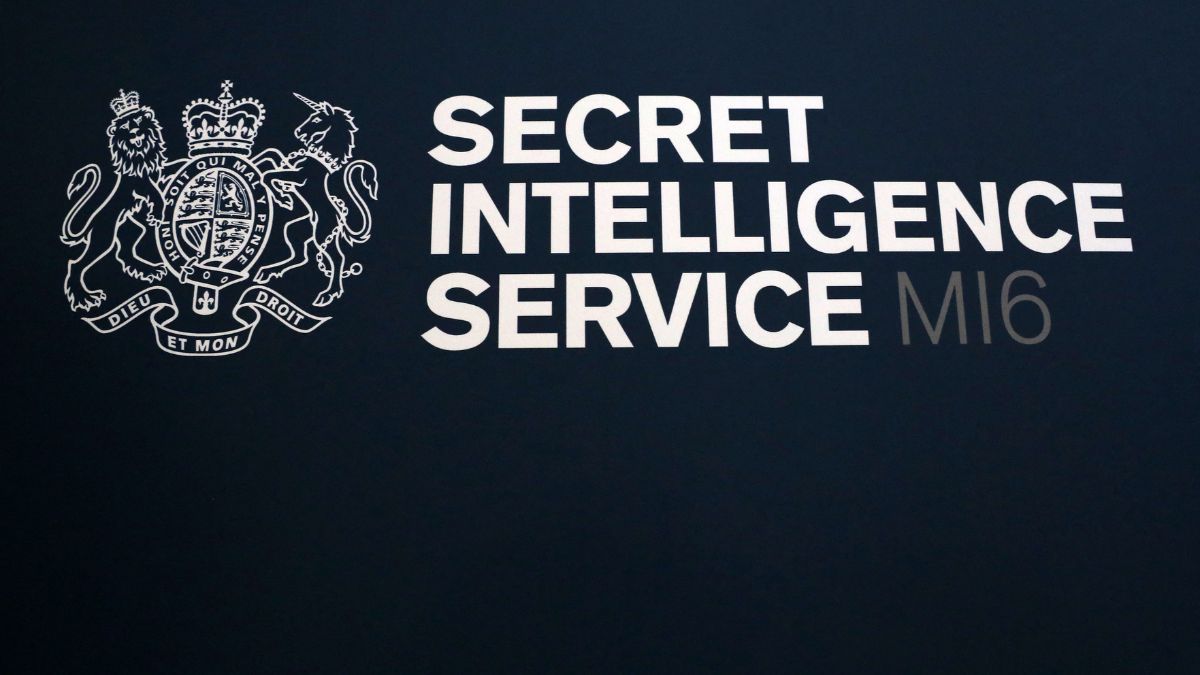In a discussion hosted by the Firstpost during the Raisina Dialogue 2025, leading experts on the Indo-Pacific said that Chinese naval drills near the Australian coast last month were a wake-up call for Australia and were enabled by the US withdrawal from the world stage.
Last month, a Chinese navy flotilla sailed into Australian exclusive economic zone (EEZ) and held live-fire drills that rattled Australia and neighbouring New Zealand and disrupted civilian air traffic. To be sure, such exercises are in line with international law but against well-established customs where nearby countries are informed of such exercises. Chinese livefire drills were first picked up by a commercial airline pilot who informed Australian authorities.
Rory Medcalf, the Head of National Security College at the Australian National University, said that the exercises were a wake-up call for Australia that sent an intimidating signal and nations in the region need to brace for more such aggression.
Medcalf further said, “We need to be able to ensure that in future Chinese naval and military activity in our region is not only not a threat to our interests, but it cannot be, if you like, activated during times of crisis in ways that can threaten us. So I think we’re at the beginning of a very long game here.”
However, Medcalf said that it was inevitable that China would have a growing role and presence in the southern Pacific ocean with growing economy and military and challenge for countries in the region going forward is how to manage ties with China without letting China dominating them and threatening their interests and values.
Ideas Pod By Raisina Dialogue X Firstpost #RaisinaDialogue2025: In conversation with @Lisa_Singh, CEO, Australia India Institute, Australia, @Rory_Medcalf, Head, National Security College, Australian National University, Australia and Masafumi Ishii, Special Adjunct Professor,… pic.twitter.com/0qSsKjT4F9
— Firstpost (@firstpost) March 19, 2025
Masafumi Ishii, a Special Adjunct Professor at the Faculty of Law at Japan’s Gakushuin University, suggested that the Chinese action in the Australian EEZ was enabled by the US withdrawal from the world stage in President Donald Trump’s second term. He said that that the “bigger background of this is that the US is leaving from the region” and the resultant vacuum would benefit China unless Australia and like-minded nations check such ambitions.
Ishi said, “Somebody has to fill the gap, fill the bucket, and then I think the responsibility will be heavily on the shoulder of Australia, New Zealand, Japan, and other democracies in the region who are both able and ready to defend the existing order. So we should and stick together. And then for us, the most important rule is, as you said, is the rule of law. So I think we cannot overemphasise the importance of it.”
Ishi further said a multilateral grouping that could be called an ‘Asian Quad’ may be propped to counter China in the Indo-Pacific region. Medcalf said that developmental outreach is critical to China’s growing influence in the region and Asian countries should come together to counter it.
Medcalf said, “With the self-sabotage of USAID recently, it puts a greater burden on Australia, Japan, New Zealand and others. You know, the Europeans, I think even India I would say to contribute to the stable sovereign development of the region on the defence and naval side. Look, I think the good news is that Australia has already been working for a number of years with Japan to build some quite strong middle player arrangements. We have a very close security relationship with Japan. We’re doing a lot more with India.”
Ishii argued that such a collective front should be put in security of the region as well where nations should support the Philippines and Indonesia that are often at the receiveing end of Chinese aggression.
Ishii said, “What China has done in recent weeks is just testing your resolve to defend the South Pacific countries. And then I think you should be in charge of that. And Japan is more active in Southeast Asia because it’s in the backyard. So I think we need to step up efforts and cooperation with countries such as Philippine, who is supposed to be the US ally, but I think they need their help. And also the most important country in the region is, I think, Indonesia when it comes to Southeast Asia. So I think we need to somehow engage in Asia. They’ve just joined the Brics, which is okay and their decision. But I think we need to engage them to our side as well. The best way to do it is to create what I call the Asian quad of Indonesia, India, Japan, Australia. You know, Indonesia, India, and Australia already have a trilateral meeting. So if they accept Japan as a fourth member, we can create Asian Quad.”


)
)
)
)
)
)
)
)
)



